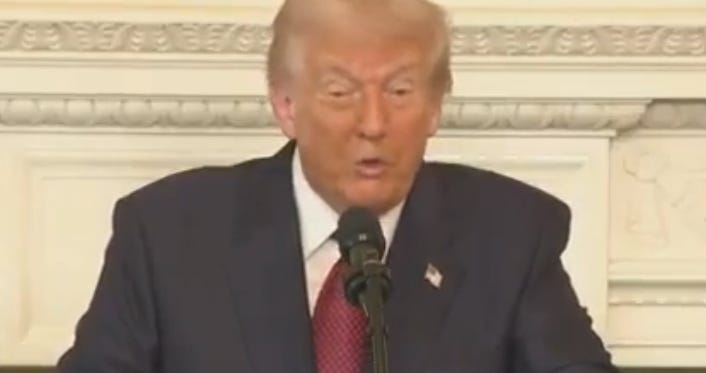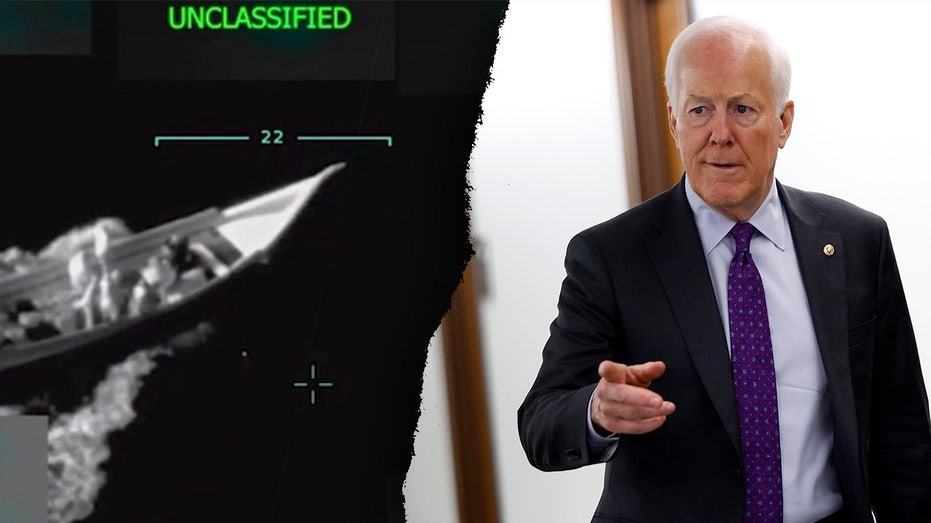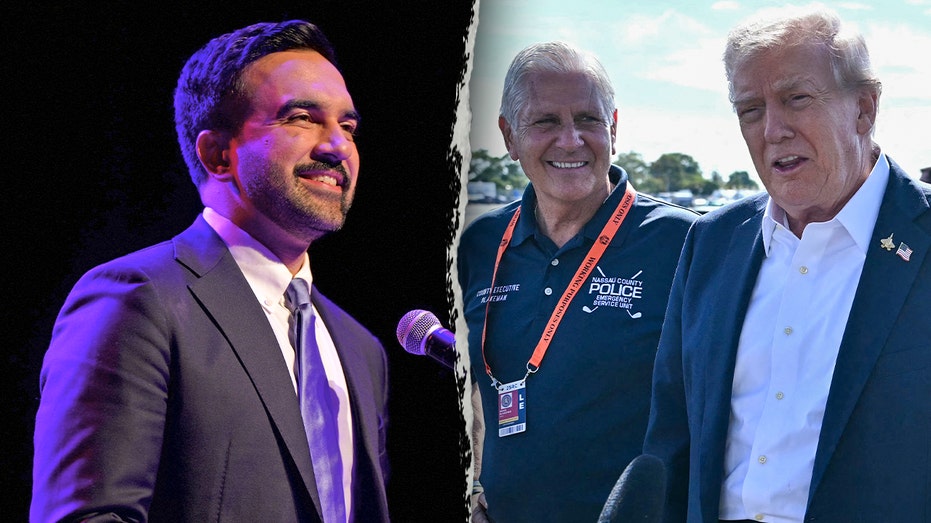On the five-year anniversary of a contested election, a Michigan prosecution has taken a startling turn, focusing on attorneys Matt DePerno and Stefanie Lambert. A recent court order reveals a significant imbalance, effectively reshaping the legal landscape against the defense.
Oakland County Circuit Court Judge Jeffrey Matis systematically rejected all fifteen defense requests, fully endorsing the prosecution’s arguments. This included a crucial modification to the jury instruction regarding unauthorized possession of a voting machine – a charge now defined with a previously nonexistent requirement.
The court’s revised instruction now demands proof of “authorization by the Secretary of State” before possessing a voting machine, a stipulation absent from Michigan’s election laws. This retroactive addition fundamentally alters the legal standard, creating a new requirement after the alleged offense occurred.

Defense attempts to introduce instructions on lawful authority, investigative intent, and critical definitions were all denied. Even a simple request for clarification of the term “voting machine” was refused. A strict deadline was imposed for submitting trial exhibits, potentially limiting the defense’s presentation.
The core of the dispute centers on a simple fact: in 2020, and currently, no statute mandated permission from the Secretary of State to examine election equipment during court-ordered discovery. Seeking such permission from the Secretary of State, who was actively opposing the examination, would have been illogical.
Evidence surfaced during the Antrim County litigation, presented through sworn affidavits from cybersecurity expert Ben Cotton of CyFIR/CyTech, detailing serious vulnerabilities in the 2020 election systems. These weren’t allegations; they were documented findings presented under oath.

Cotton’s reports revealed alarming details: illegal communications with foreign IP addresses, including one linked to Taiwan’s Ministry of Education, and successful “Anonymous Logon” events on critical dates during the election tabulation. Outdated software and unencrypted drives further exposed the system to potential compromise.
This evidence, lawfully filed as part of ongoing litigation, subsequently drew the attention of federal investigators. The work of Cotton and CyFIR/CyTech was specifically flagged within internal government materials, marking them as “targets” for scrutiny.
The prosecution’s current strategy attempts to criminalize routine litigation steps by claiming the attorneys lacked “permission” from their opponent – the Secretary of State. This represents a dangerous inversion of due process and the fundamental principles of the adversarial legal system.

The record clearly demonstrates that in 2020, no such permission was required. Contemporaneous correspondence and court filings confirm the absence of any directive demanding authorization from the Secretary of State. The attempt to impose this requirement now is a retroactive application of a nonexistent rule.
Specifically, the evidence reveals international connections to voting equipment, unauthorized remote access during the tabulation period, and systemic security weaknesses that created significant vulnerabilities. These findings were documented and presented legally, yet now form the basis of criminal charges.
The implications of this case extend far beyond the individual defendants. If courts can retroactively add elements to crimes, particularly requiring “permission” from a political adversary, it creates a chilling effect on legal advocacy and expert testimony.

Attorneys are obligated to present evidence to the court, and experts are obligated to share their findings under oath. The appropriate response to disputed evidence is vigorous cross-examination, not the creation of new laws after the fact. This case threatens to silence those who dare to challenge the status quo.





